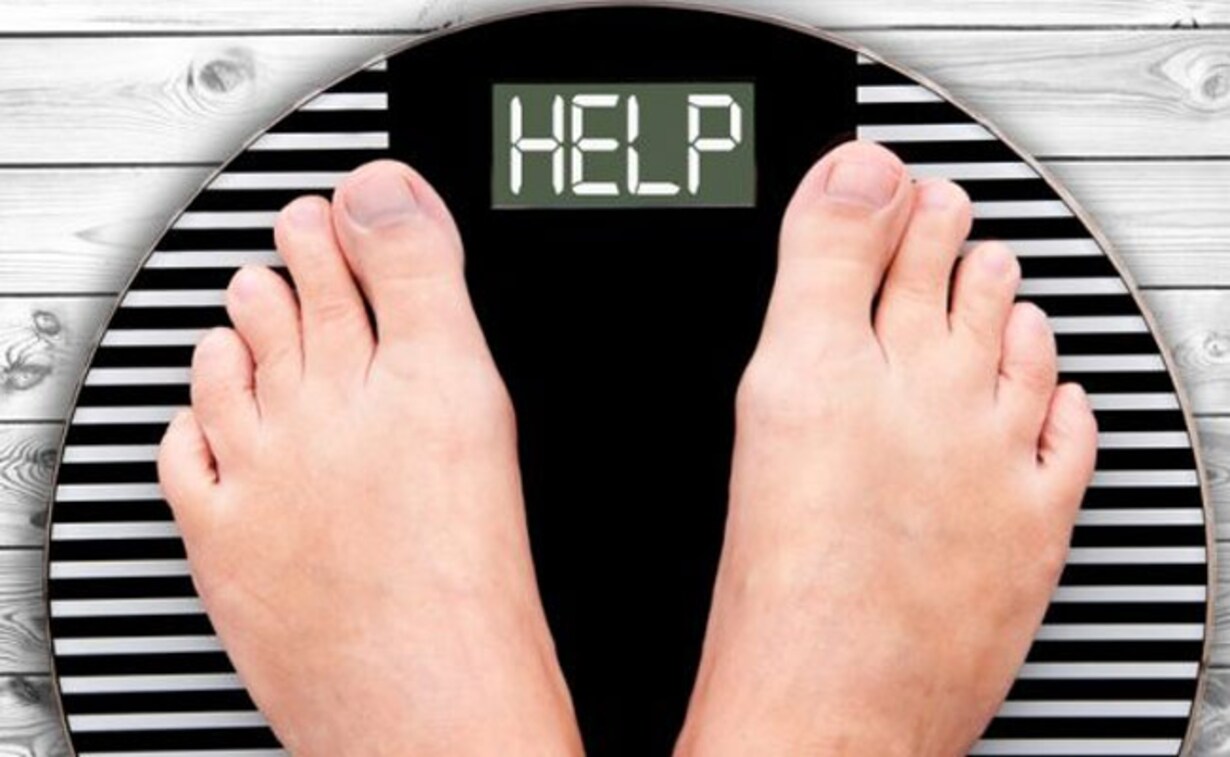You’re not alone if you find yourself yawning excessively after a large dinner. This sensation, known as postprandial somnolence or a “food coma,” is common after ingesting a big amount of food, due to the numerous steps your body goes through to break down what you just ate.
Unlike an afternoon lull after lunch, which may be attributed mostly to chemical processes and a mid-day dip in attentiveness, the acceleration of tiredness caused by overconsumption has much more to it.
The more energy it takes to digest a larger meal, the more your system has to work, which explains the development of weariness.
Do Certain Foods Make You Tired?
This sort of fatigue is more frequent with carb-heavy meals, with the culprits typically rated as high-glycemic-index foods that flood the bloodstream with glucose.
This impact is exacerbated by foods heavy in white starchy carbs, such as bread, spaghetti, and cakes. This is caused by a rise in blood glucose levels, which provides you a lift before plummeting and causing a loss in energy.
Furthermore, many protein foods are high in tryptophan, a precursor to serotonin, both of which are known to enhance our drowsiness.
Along with particular carbohydrate and protein sources, “processed, packaged, or heavy, dense meals push our bodies to work more to break them down and digest them,” says Daphne Javitch, holistic nutritionist and CEO of Doing Well.
“Because eating needs internal energy, our bodies must break down food stuff (digest, assimilate, and expel), which means that overeating might overwork our system and create tiredness.”
Furthermore, consuming alcohol with a heavy meal might cause sleepiness. This is due to the sedative effects of alcohol, as well as the fact that our system is not designed to absorb large amounts of alcohol.
Other Reasons for Feeling Tired After a Large Meal
The Standard of Your Food
What we put into our bodies has a significant influence on how we feel and operate. True, everyone handles and processes food differently, but we do know that some meals tend to make us feel more or less energised.
Diets that include a range of foods in order to balance the quality of dietary fibre, fats, carbohydrates, and protein have also been proven to be optimum for fueling our bodies more effectively.
Eating Habits
Because it takes time for our brain to convey a signal to our stomachs that we are full, speed plays a part in determining our fullness.
According to one research, individuals who ate their meals at a slower pace had a decreased appetite and ate less afterwards. This slow-paced group also ate 25% less snacks in the same day. 2
This is due in part to ghrelin, the “hunger hormone,” which regulates appetite. It may take some time for this hormone to diminish and our satiety hormone to kick in, so you may be able to eat a substantial meal before feeling excessively full. And far too frequently, we consume in huge quantities without being motivated by hunger.
Mindfulness has been shown to be a beneficial strategy for reducing bouts of emotional and binge eating, but it may be applied to any circumstance, including one including a huge meal.
Increasing your awareness of what you put in your mouth allows you to better regulate how quickly you eat and consume fewer calories.
Diabetes
A translational metabolic syndrome research study discovered that people with diabetes are more prone to tiredness in general, which is exacerbated by diet.
If a person with Type 1 or Type 2 diabetes seems fatigued after eating, this might be a sign of hyperglycemia (high blood sugar). This only worsens if there is insufficient insulin to transfer carbohydrates, leaving your cells without adequate energy, which is why low insulin levels can make you sleepy. If you have diabetes, you should talk to your doctor about your tiredness levels to ensure you’re getting the right therapy.
Food Allergy or Intolerance
Food intolerances (such as gluten intolerance), allergies, and allergic responses to additives can all have an influence on digestion and other physiological processes. When you consume anything that your body considers as alien, your immune system works overtime to combat it. This might lead to feelings of exhaustion.
Thyroid that is underactive
Fatigue is a frequent symptom of thyroid illness, and while thyroid problems are caused by the immune system attacking the thyroid gland, nutrition can help manage the symptoms.
Specific foods, such as soy, raw cruciferous vegetables, and dried fruits, might interfere with thyroid medication or function, making you tired9. As a result, having a huge dinner with less-than-desirable meals might have a detrimental impact on your thyroid function and leave you feeling exhausted.
Eat Smaller, More Frequent Meals
To balance your calorie intake, aim for smaller, more frequent meals throughout the day. Instead of overwhelming our digestive systems with an excess of food, we may process what we consume in smaller portions, allowing us to regulate our blood glucose and feel full between meals.
Consume More Whole Foods and Macro-Focused Meals
Overeating junk food can tyre our bodies, pushing them to work overtime to remove what we don’t need. Stick to unprocessed, whole meals that are high in protein, fat, and carbs to keep your energy levels stable throughout the day.
Get Enough Sleep
Sleep performs several functions for our health and well-being, and neglecting this essential requirement may be harmful to our health. Several studies have found a relationship between sleep deprivation and a desire for unhealthy meals, with sleep loss, rather than hunger, boosting junk food desires.
You can help prevent post-meal tiredness by combining a good night’s sleep with healthy food choices and appropriate portions.
Conclusion
While it is normal to feel weary after a larger-than-usual meal, if you feel fatigued after eating on a regular basis, you should consult with a health care expert. Eating a well-balanced diet and getting enough physical exercise throughout the day might help you feel energized on a consistent basis. Practicing more attentive eating techniques, such as Intuitive Eating, may help you enhance your post-meal satiety and avoid excessive tiredness.



